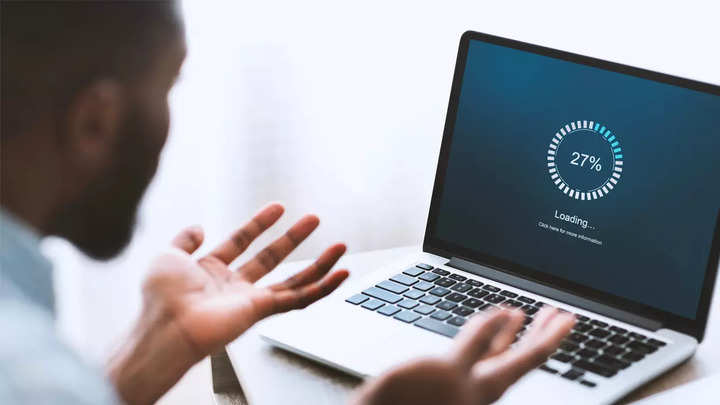
If your computer runs slow, you should check a few things we have curated before rushing to the store to buy a new one.
Are you finding your computer to be too slow to complete even a simple task? Is it taking longer than usual to browse the internet? Or you might be scrolling through a web page on your browser and feel like it will take forever!
A variety of factors might cause a computer to be sluggish. Some are related to how you use the computer, while others are software-related issues or other factors which may arise from the computer’s physical components.
It may be best to take the guidance of an expert who knows how to repair them and maintain their high speed. Before anything else, you should keep reading for some reasons that can be solved to get back on track.
If your computer is running slow, don’t worry as it is a common problem many people face. Here are some things you can solve to get your computer back up and running smoothly again:
1. Old PC
As a computer user, you may have already come across this issue. The infamous slow-down often arises when your computer fails to meet the criteria for newer updates. This comes from running on old and outdated programs that have been used long before modern technological advances.
2. Need to Restart
Perhaps the most common reason a computer may become slow is that it needs to be restarted. The idea behind restarting your computer is simple; it stops all the programs running in the background and allows everything to start from scratch once again.
3. Antivirus Software Not Working
Computer viruses are so widespread that they can enter your computer invisibly and make it slow. It could be because of faulty antivirus software or your Internet browser being heavily used by other people on your network who are downloading suspicious files.
4. Outdated Drivers
Drivers are a necessity when using your computer. Without them, your computer will take longer than necessary to get the linked hardware devices running correctly. This can lead to significant problems like improper screen display and slow operation.
5. Hardware Failure
If none of the previous troubleshooting steps has slowed your computer down, it’s time for a hardware checkup. When you use your computer, hardware failure is the other likely cause that may slow down the speed of your computer. Your hard drive is where all your programs are stored and can become fragmented if you don’t back up frequently.
6. Memory Limit Exceeded
There are many reasons your computer could be slow, one of which could be that its memory limit is exceeded. This can be caused by your hard drive being full or the amount of RAM available on your machine at any given time. Before playing a game or applying complex processes, it is essential to check everything around the PC, including memory usage and storage space available on the hard disc drive.
7. Many Apps are Running in the Background
Many apps load and run as soon as your computer is turned on. Some even have to be authorized to do so, specifically by the user. This loading takes time since it has to be done in multiple steps, which causes the computer to slow down when it is just turned on to boot up.
A slow computer can lead to a frustrating and sometimes even worrisome experience for the user. Many factors that slow your computer can be solved by making a few changes we have listed above.
Sometimes a simple reboot or update will do the trick. Still, if you find that changing your settings has impacted the general performance of your computer, it might be time to bring it in for professional maintenance.
FacebookTwitterLinkedin
